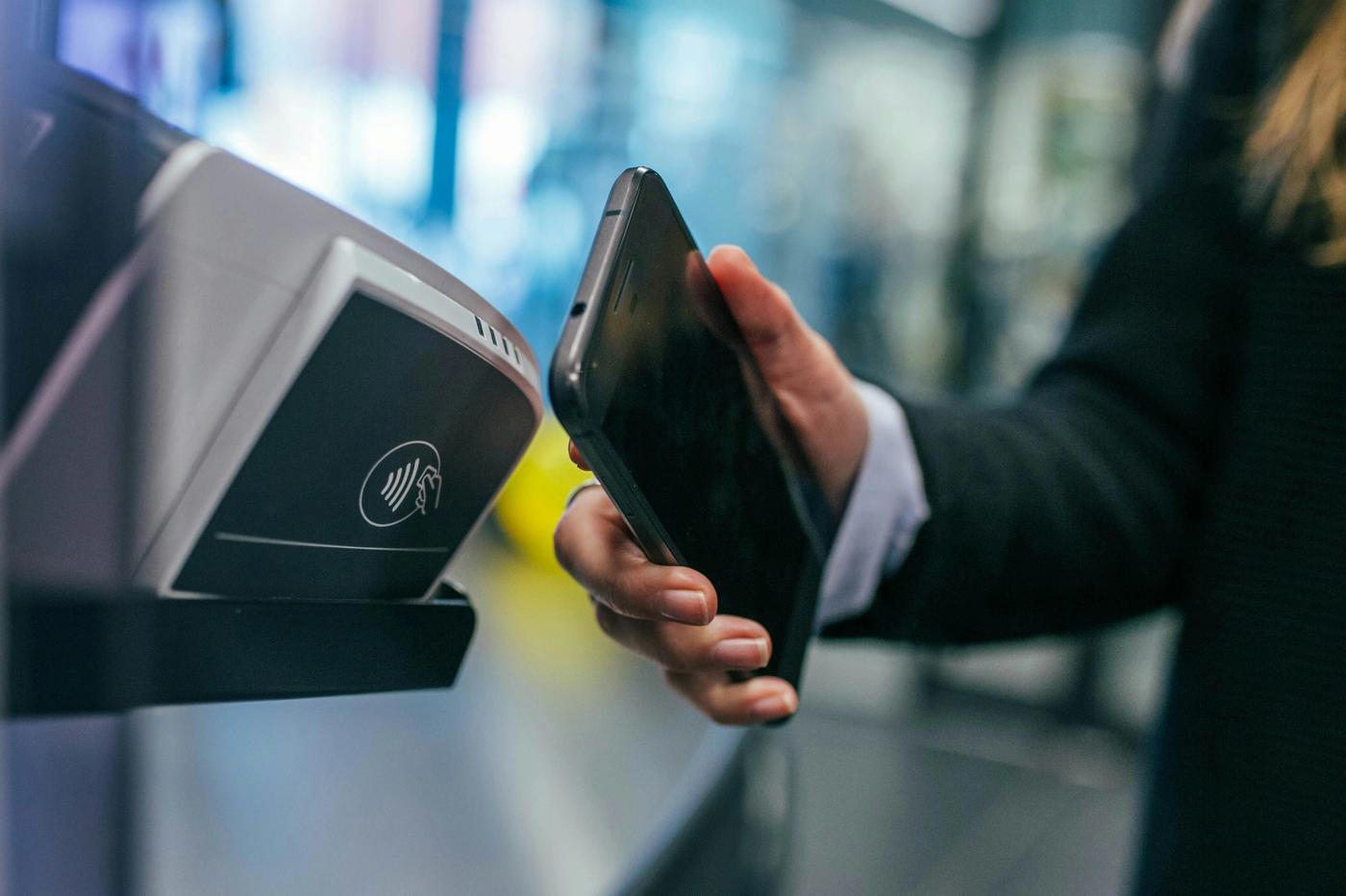Solutions for modernizing payment systems in large-scale retail chains

In the rapidly evolving retail industry, modernizing payment systems is no longer a luxury but a necessity. Large retail chains face unique challenges when upgrading outdated payment terminals across hundreds of stores nationwide.
The complexity of such an undertaking can be daunting, but with the right approach and solutions, it is entirely achievable.
Understanding the challenges
Before diving into solutions, it's essential to revisit the primary obstacles retailers face
1: Logistical complexity
Coordinating the replacement of thousands of payment terminals across numerous locations requires meticulous planning. Missteps can lead to delays, increased costs, and operational inefficiencies.
2: Maintaining business continuity
Retailers must ensure that store operations and customer service remain uninterrupted during the upgrade. Any downtime can result in lost sales and diminished customer satisfaction.
3: Coordinating multiple stakeholders
Aligning efforts among store managers, technical teams, payment providers, and regional offices demands effective communication and coordination. Miscommunication can cause scheduling conflicts and project delays.
4: Technical integration
Seamlessly integrating new payment systems with existing infrastructure poses technical challenges. Addressing issues like software compatibility, data migration, and security compliance is critical to prevent future complications.
5: Tight deadlines
Competitive pressures often necessitate swift execution of modernization projects. Retailers may face strict timelines, adding pressure to an already complex initiative.
How REMA 1000 modernized their payment systems nationwide

Curious how one of Norway’s largest retailers seamlessly upgraded their payment systems in 680 stores? Explore the full story and learn how to modernize your infrastructure efficiently.
Exploring the solutions
To overcome these challenges, retailers can consider several strategic options
1: Adopt agile project management
Utilizing an agile framework allows teams to remain flexible and responsive to real-time challenges. Regular updates and iterative planning help address unforeseen obstacles quickly, keeping the project on track.
2: Implement a pilot program
Starting with a pilot phase helps identify potential issues in a controlled environment. This approach provides valuable insights to refine strategies before full-scale deployment, reducing the risk of widespread problems.
3: Enhance communication channels
Establishing clear and consistent communication among all stakeholders is vital. Daily coordination meetings and transparent reporting ensure everyone is aligned, reducing misunderstandings and delays.
4: Leverage specialized expertise
Partnering with experienced professionals who specialize in large-scale rollouts can mitigate risks. Their expertise streamlines logistical planning, technical integration, and execution, ensuring a smoother transition.
5: Optimize resources and scheduling
Efficient allocation of resources, including personnel and equipment, enhances productivity. Scheduling installations during off-peak hours and optimizing technician routes minimize disruptions and expedite the rollout.
6: Focus on customer experience
Upgrading payment systems should enhance the overall shopping experience. Prioritizing user-friendly interfaces, security features, and faster transaction processing contributes to customer satisfaction and loyalty.
How Onitio can assist
At this juncture, partnering with a company that has a proven track record in managing complex, time-sensitive projects can make a significant difference. Onitio specializes in helping large retail chains navigate the intricacies of modernizing their payment systems.
Expert project management
Onitio employs agile project management methodologies to ensure flexibility and adaptability. Their approach keeps projects on schedule, even when unexpected challenges arise.
Technical proficiency
With extensive experience in integrating new payment technologies, Onitio addresses technical hurdles efficiently. They ensure compatibility and compliance with existing systems and industry standards.
Seamless coordination
Onitio excels in coordinating efforts among various stakeholders. Their effective communication strategies keep everyone informed and aligned, minimizing delays and misunderstandings.
Resource optimization
By optimizing scheduling and resource allocation, Onitio minimizes operational disruptions. Their strategic planning ensures installations are conducted efficiently, without impacting daily operations.
Benefits of choosing Onitio
Reduced operational downtime
Onitio's meticulous planning and execution minimize downtime, ensuring your stores continue to operate smoothly throughout the upgrade.
Cost efficiency
Efficient project management reduces unnecessary expenses, providing a better return on investment for your modernization efforts.
Enhanced customer experience
Upgraded payment systems lead to faster transactions and improved reliability, enhancing customer satisfaction and fostering loyalty.
Timely completion
Onitio's expertise ensures projects are completed within stipulated deadlines, helping you stay ahead in a competitive market.
Modernizing payment systems across a vast retail network is undoubtedly challenging, but it's essential for staying competitive and meeting evolving consumer expectations.
By exploring strategic options and leveraging specialized expertise, retailers can successfully navigate these complexities. The key lies in meticulous planning, agile execution, and effective collaboration among all parties involved.